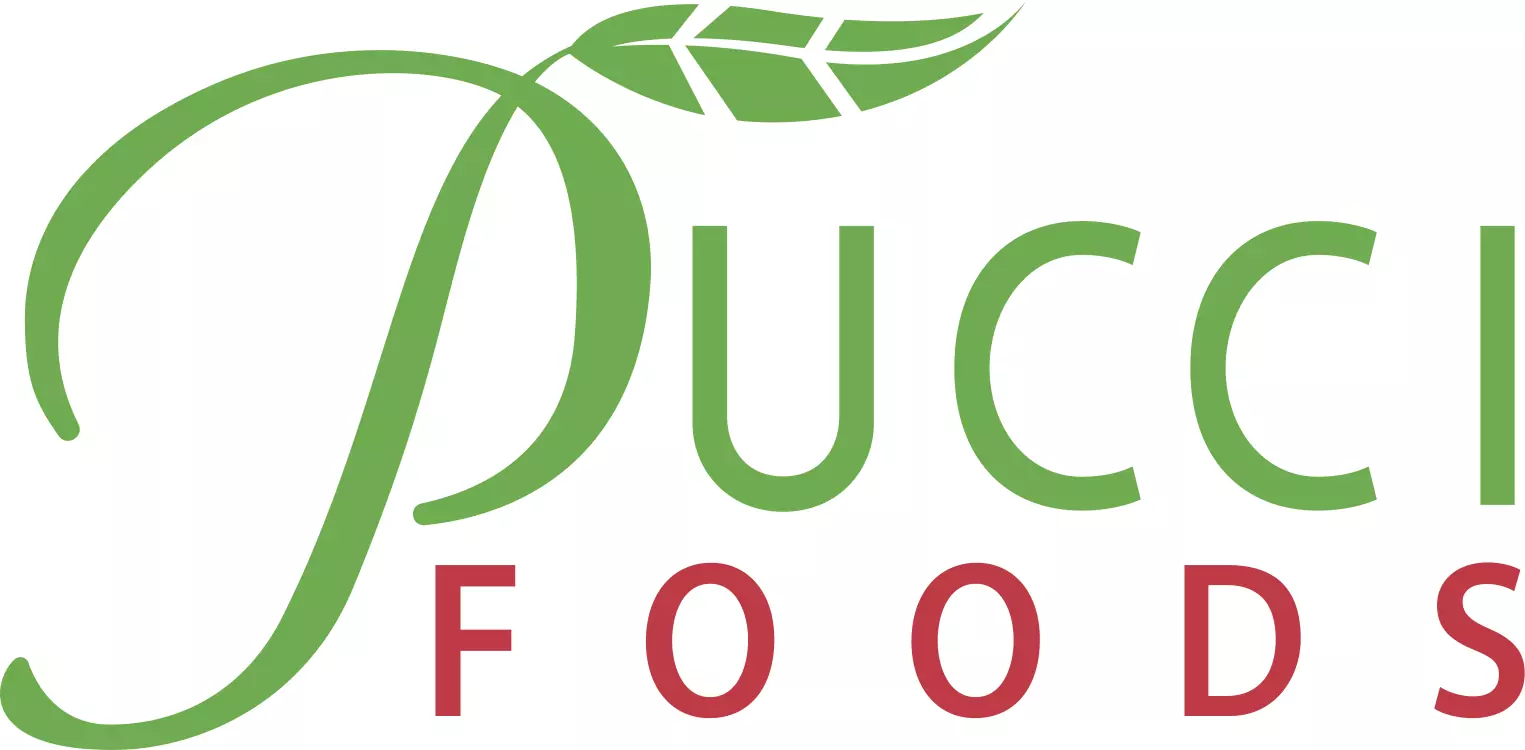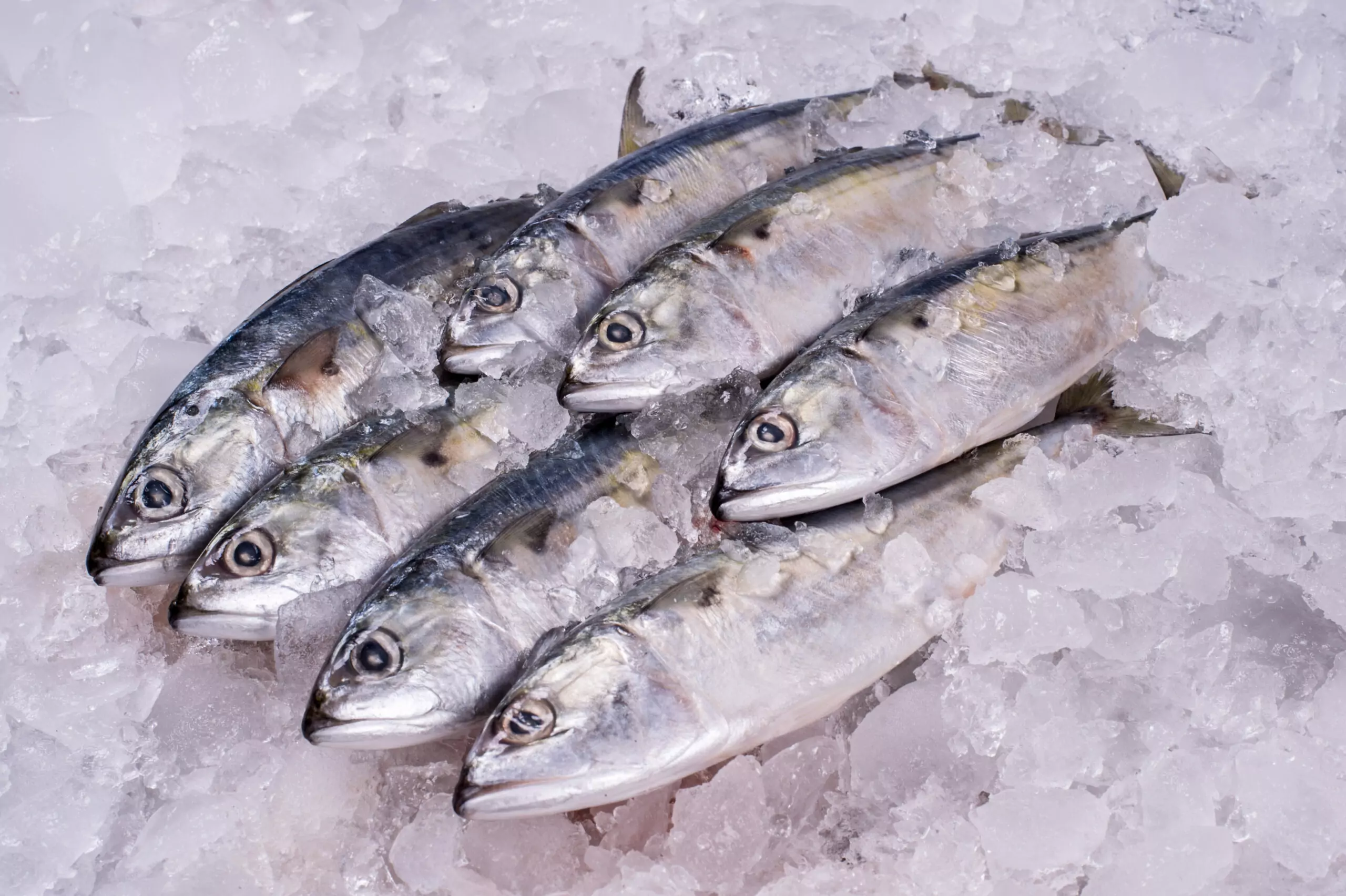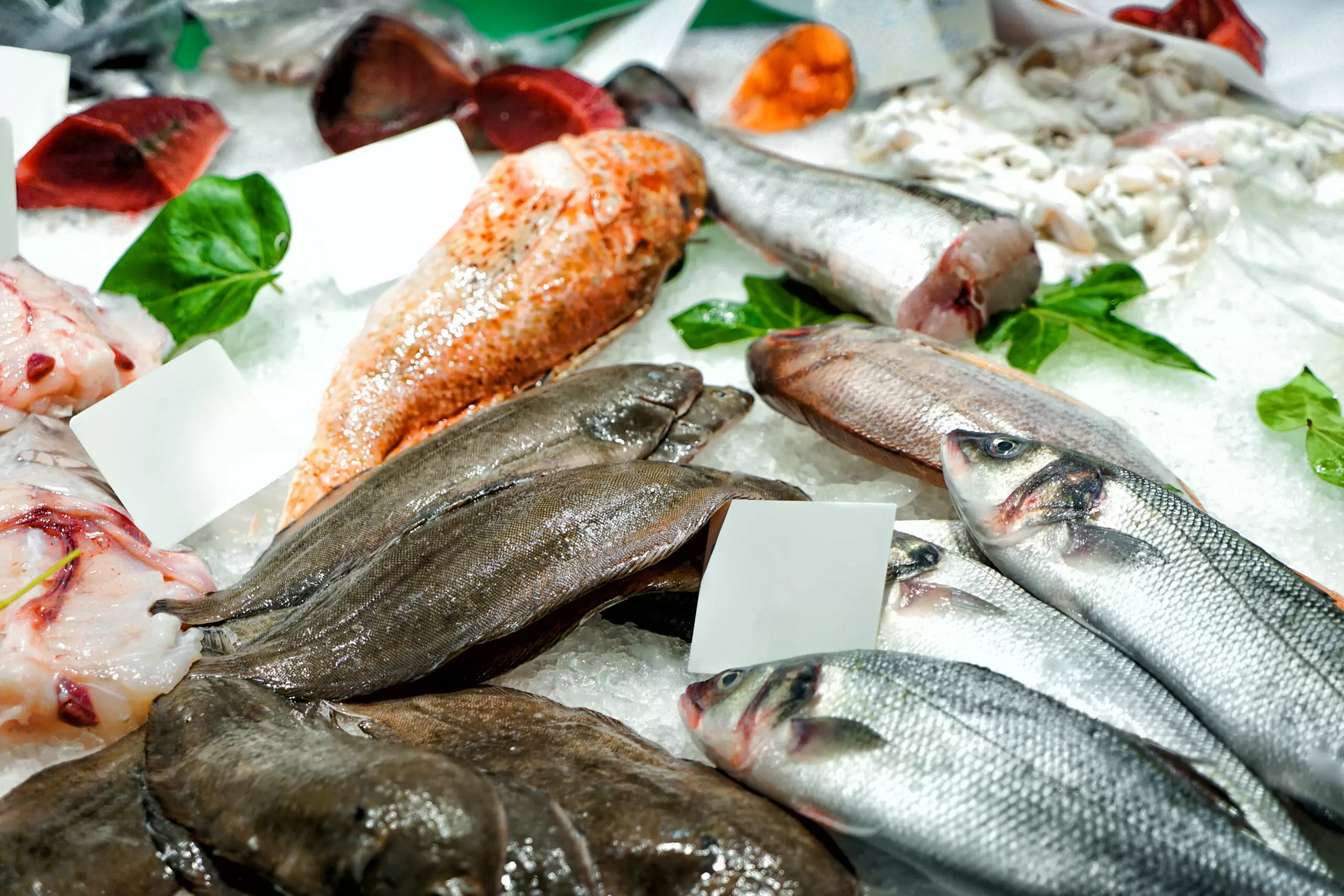One of the most severe problems with overfishing across the globe is enforcement. Every country can make as many fishing laws as seems plausible to protect commercial and recreational seafood species, but they will have no effect unless the laws are observed by fishermen and are enforced by the government.

Image courtesy of Flickr user Boris Kasimov.
The protection of our natural resources doesn’t stop at just creating a law – it depends on the cooperation of fishermen and the ability of the government to regulate and punish those that break laws. Canada has shown us recently that they will not tolerate abuse of natural resources from fishermen. The government has convicted three men of exceeding the crab pot limit for the snow crab fishery. Their punishment not only will deter these men from committing future illegal acts, but they will serve as an example for others to understand the consequences of violating laws set in place to protect natural resources.
The snow crab fishery
Canadian snow crab is harvested from the Gulf of St. Laurence and is a beautiful model of sustainability. The fishery is under an Individual Quota System (IVQ), so that each fishermen receives an even cut from the overall profits – regardless of how much each vessel catches. This system is meant to reduce competition, taking away the need for a crew to fish during bad weather, and to try to catch as much as they can. It’s a safe and more sustainable way to manage a wild caught fishery such as snow crab.
Unfortunately, the IVQ isn’t enough for some fishermen. If we put ourselves in the shoes of the fishermen, we can see why this might be. No matter how much you catch, you’re still going to receive the same amount of compensation as everyone else. Sure, it takes away competition – but it can also be very frustrating. Say you bring $5K worth of crabs back to port, but other vessels only bring in $2-3K. You end up leaving the port with only $4K, a much smaller amount than what your actual catch is worth, if not for the IVQ. On top of this, you must adhere to crab pot limits; even if you pull up a pot bursting with crabs, you must toss perfectly healthy crabs back into the sea so you don’t exceed your quota.
This year has been especially difficult for fishermen – the quota was reduced by 22% for 2014 because assessments were showing lower population levels. Several of these fishermen decided to skirt the quota and pot limits, taking more snow crab than they were supposed to, selling them illegally, and not completing their daily fishing logs. By doing this they violated laws set in place to protect both fishermen and the snow crab population. If all of the fishermen were to go out and simply start taking all they wanted, snow crab would quickly become depleted, the fishery would collapse, and ALL of the fishermen would be out of a job.

Image courtesy of Flickr user Tim Moffatt.
A hefty penalty
Fortunately, the Canadian government discovered these shady transgressions and slapped each of the fishermen with a fine, forcing them to pay for the amount of snow crab that was estimated to have been caught and sold illegally. One fishermen was forced to give up nearly 2,000 pounds of snow crab valued at almost $3,200. The total fines and forfeitures came out to be about $21,000 USD between the three men. Two of the fishermen will now have to suffer a vessel monitoring system to keep track of their activities.
This may seem to be a harsh punishment for fishermen who are only trying to make a living. The snow crab fishery is healthy, abundant, and sustainable now – but that is because these laws are set in place. The fishery has an excellent management model that requires fishermen to participate. These fishermen will be able to continue fishing and now they will better understand the consequences of failing to adhere to the system set in place. And just as the snow crab fishery is a great model for other fisheries to follow, this situation will serve as a model for the importance of following the rules.
Other places in the world are not fortunate enough to have proper enforcement for marine resources and these area have suffered. Unpoliced activities can be extremely detrimental for the ocean environment and for the livelihoods of fishermen and coastal economies. It is vastly important to recognize how important cases like this are and to understand where other areas are lacking. In places like the Philippines, even just some effort put towards law enforcement would go a long way towards preserving the natural environment.

Image courtesy of Flickr user Christina Xu.
Buy sustainably
We are very fortunate to have access to sustainable snow crab. Consumers enjoy these delicacies immensely and we are so lucky to have options that don’t deplete our natural resources, that keep our oceans healthy, and our palates happy. Provide your clients with sustainable snow crab from Pucci Foods, and know that your buying choices are helping protect the natural environment.


